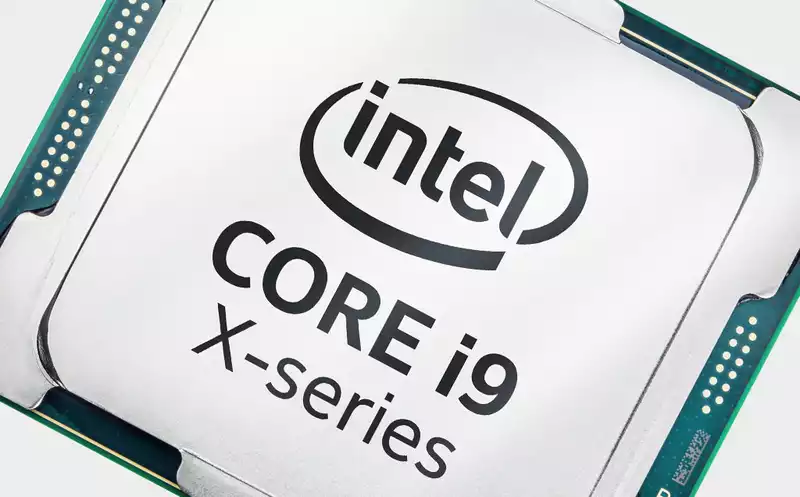Intel has put a cap on its HEDT (high-end desktop) CPU and motherboard chipsets. According to a new Product Discontinuance Notice (PCN) from Intel, Cascade Lake-X and the X299 chipset that supports it are a goner.
Cascade Lake-X, of course, dates back to 2019. As the 10th generation designation suggests, the Intel Core i9 10980XE Extreme Edition CPU (and its three other Cascade Lake-X siblings) were based on much older technology, a lighter revision of the older Skylake.
Still, what Cascade Lake-X had, aside from a full 18 cores running at up to 4.8 GHz, was a quad-channel memory controller and 48 PCIe lanes for more bandwidth.
With the demise of the Cascade Lake-X CPUs inevitably came the end of supporting chipset production: the X299 chipset and its LGA2066 socket also came to an end. Of course, the X299 was even older than Cascade Lake-X, having been released as far back as 2017 and also supporting Skylake-X and Kaby Lake-X CPUs.
In the aggregate, this means that Intel no longer operates in the HEDT market, but the impact of the product discontinuation is not immediate. Unlike the cancellation of Intel's Arc A770 LE graphics card, which had an immediate effect, Intel has stated that shipments of Cascade Lake-X CPUs and X299 chipsets will actually continue until January 2025.
Intel says it will continue to accept orders through next April. For us, these chips are not a big loss. For gaming, Intel's new Alder Lake and Raptor Lake CPUs are simply faster. Frankly, even for tasks like video encoding, a top-end Raptor Lake chip like the Core i9 13900K will be faster than any Cascade Lake-X CPU.
Instead, the Cascade Lake-X and X299 chipsets will only draw continued interest in very specific workflows where the ability to slot in quad-channel memory controllers and large numbers of PCIe peripherals is absolutely critical.
For such applications, customers will have to migrate to more expensive Xeon workstation platforms in the future. Currently, Intel has not announced a new HEDT line based on the latest Sapphire Rapids Xeon CPUs. Therefore, there will be no more mainstream Raptor Lake and perhaps a refresh of Raptor Lake later this year for the foreseeable future.


Comments